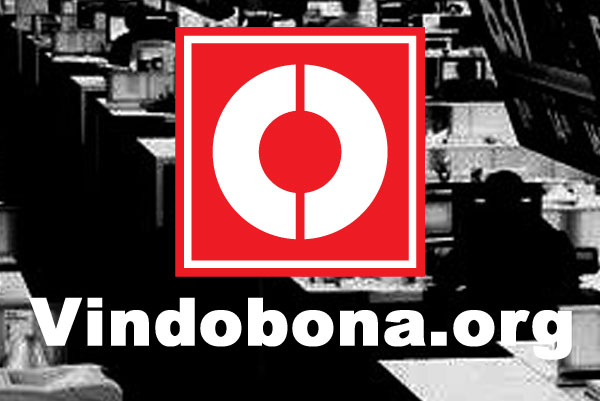Sponsored Content
Oligarchs and Their Real Estate: How Effectively Is Austria Implementing the Russia Sanctions?
Almost three years after Russia's invasion of Ukraine, experts and politicians are puzzled as to how seriously Austria is implementing the EU sanctions against Russian oligarchs. Research shows that only nine properties have been frozen in this country, while other EU states are more transparent with their measures and enforce them more strictly.
 In the past, Austria maintained close relations with the Russian elite. Kitzbühel is a popular destination for the Russian oligarchy. / Picture: © Vindobona.org
In the past, Austria maintained close relations with the Russian elite. Kitzbühel is a popular destination for the Russian oligarchy. / Picture: © Vindobona.org
Although the EU has imposed comprehensive sanctions on almost 2,400 individuals and institutions, implementation in Austria appears to be slow. The domestic authorities are keeping quiet about the details, citing data protection and leaving the true number of sanctioned assets in the dark. Luxury properties, from penthouse apartments in Vienna to villas in Kitzbühel and on Lake…
or Log In
Fast News Search





